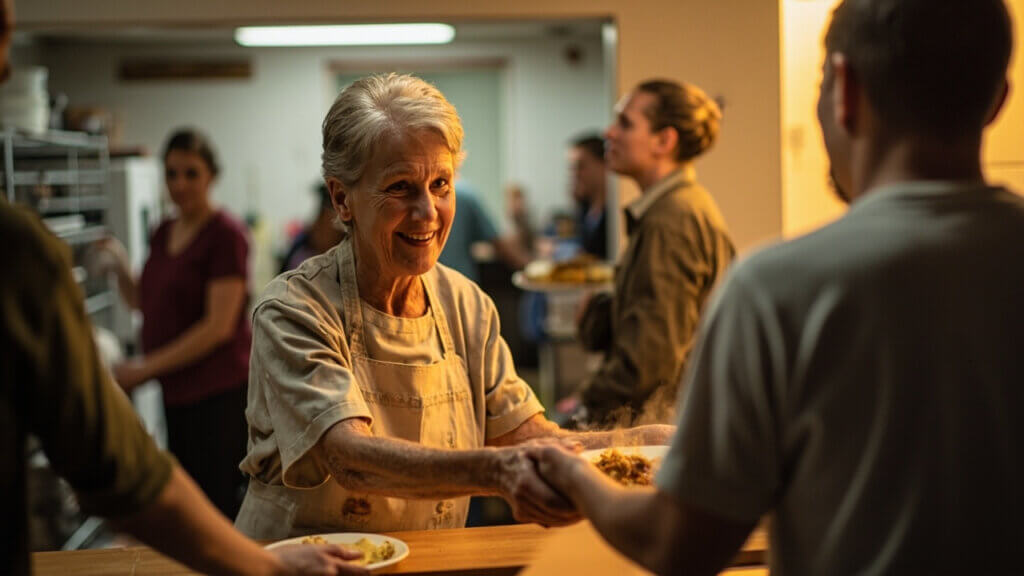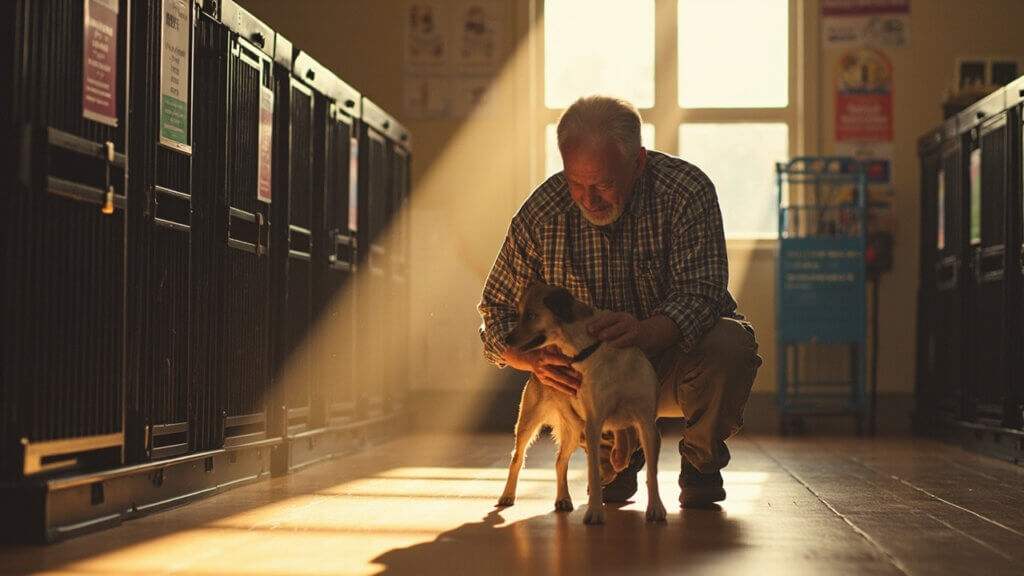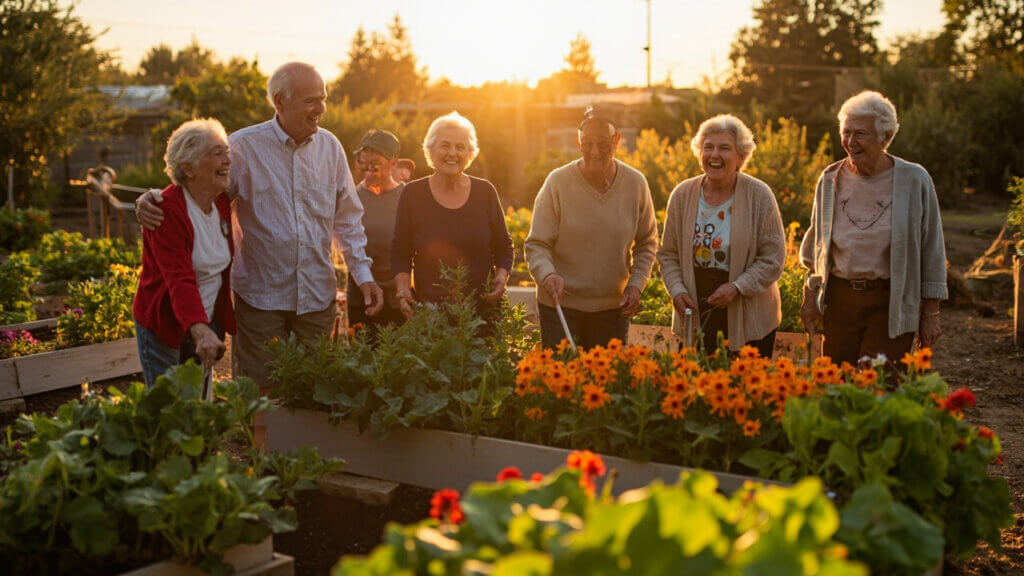After 50, many of us ask: What’s next? For some, it’s more travel. For others, it’s spending time with grandchildren. But for a growing number of people, the answer is giving back.
Volunteering after 50 isn’t just about filling your schedule—it’s about finding purpose, making meaningful connections, and even boosting your physical and mental health. In fact, 2025 has brought more senior-focused volunteer programs than ever before, offering flexible ways to serve both your community and your own sense of purpose.
Why Volunteering After 50 Is So Powerful
Studies show that people who volunteer regularly after retirement experience:
- Lower rates of depression
- Improved physical health
- Stronger sense of identity
- Longer life expectancy
That’s because volunteering combines what many over 50 are looking for: purpose, structure, and social connection.

1. Choose the Right Volunteer Fit for You
Start by thinking about what you care about most. Volunteering should be meaningful for you, not just “helpful” to others.
H3: Ask Yourself:
- Do I want to work with children, animals, veterans, the environment?
- Am I comfortable in group settings, or do I prefer solo tasks?
- Can I commit weekly—or do I need flexibility?
Some seniors find purpose mentoring youth. Others love working with animals. There’s no one-size-fits-all path.
2. Popular Volunteer Options for Adults Over 50
Here are some great choices that match different interests, abilities, and schedules:
H2: A. Local Food Banks and Meal Programs
- Help sort, pack, or serve meals
- Great for those who enjoy social, hands-on work
- Time commitment: weekly or monthly
H2: B. Hospital and Hospice Volunteering
- Greet visitors, deliver comfort kits, or just offer presence
- Ideal for compassionate listeners or retired healthcare professionals
H2: C. Animal Shelters
- Walk dogs, clean cages, help at adoption events
- Perfect if you love animals and want light physical activity

H2: D. Literacy or Tutoring Programs
- Volunteer as a reading mentor for kids or ESL tutor for adults
- Great for former educators or patient communicators
H2: E. National Service Programs (Like RSVP)
Retired & Senior Volunteer Program (RSVP) matches adults 55+ with roles that suit their experience, from disaster response to museum guiding.
Learn more at AmeriCorps Seniors RSVP
3. Virtual Volunteering: Yes, It’s Real
If mobility, transportation, or time are concerns—you can still make an impact from home.
Popular virtual volunteer ideas include:
- Tutoring students via Zoom
- Answering calls for crisis hotlines
- Writing letters to isolated seniors or veterans
- Managing nonprofit social media pages
Tip: Sites like VolunteerMatch let you filter by virtual-only roles.
4. Benefits You May Not Expect
Volunteering gives back in ways that go beyond your community.
H3: Health Benefits
- Lower blood pressure
- Increased mobility
- Fewer chronic pain complaints (yes, really!)
H3: Social Benefits
- New friendships across generations
- A stronger support network
- A reason to leave the house—and look forward to it
H3: Emotional Benefits
- Reconnection to purpose
- A sense of “mattering” again after retirement
- Boost in self-confidence and personal growth

FAQs: Volunteering Over 50
I’m retired—do I really have skills people need?
Absolutely. Whether you’ve raised a family, worked in an office, or led a business—your experience is invaluable. Organizations need reliability, communication, and care—all things you already have.
What if I have mobility issues?
Look into virtual roles or positions like reception, phone support, or writing. Many nonprofits will accommodate your abilities.
Can I volunteer as a couple or with friends?
Yes! Many groups welcome pairs or small teams—especially for events or meal programs. It can even deepen your relationships.
Final Thoughts: The Power of Giving Back After 50
Volunteering isn’t about “staying busy.” It’s about making a difference, feeling useful, and being part of something bigger.
Whether you’re helping a child read, walking a shelter dog, or planting trees with others in your community—you’re not just filling time. You’re filling hearts—including your own.
So where will you start giving back this year?
